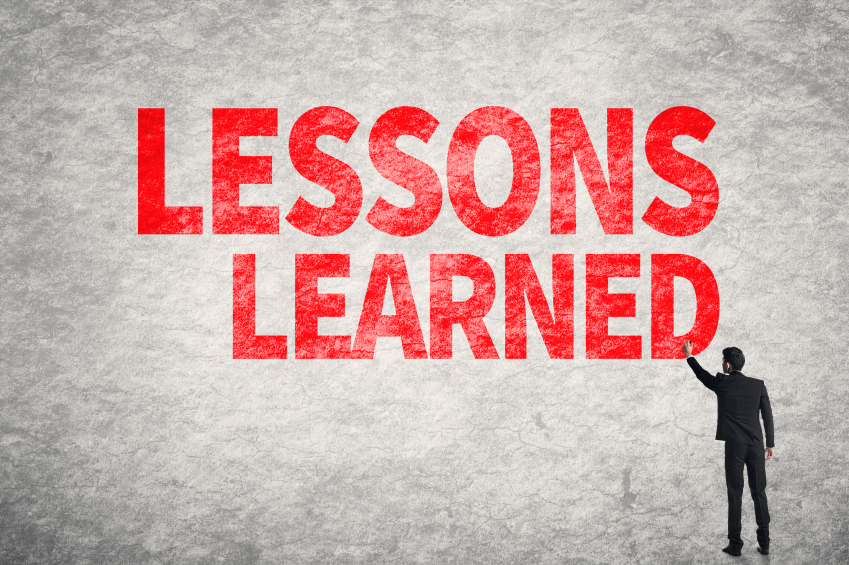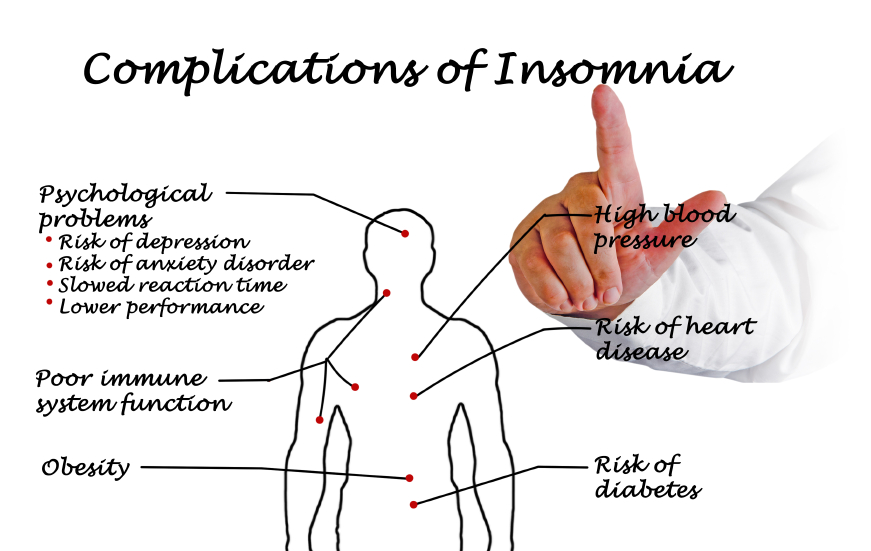As technology usage continues to increase, problematic internet use has become an increasingly prominent issue worldwide. Problematic or pathological internet usage, which is also referred to as Internet Addiction Disorder (IAD), is characterised by excessive time spent engaging in non-work internet-related activities. IAD is also characterised by a loss of control over internet-related behaviours, and/or an excessive preoccupation with internet-based activities. This disorder affects all age groups and stages of life.
Managing Stress
Building Emotional Resilience Through Yoga and Psychology Workshop Series
After a successful launch in 2015, Simone partnered with Clayfield Yoga to present a series of workshops focusing on Building Emotional Resilience through Yoga and Psychology. Throughout these workshops participants experienced a combination of yoga and meditation techniques as well as proven lifestyle strategies to help increase motivation, reduce stress and make positive life choices. Overcoming life’s challenges is not always easy! Simone is a member of the APS Psychology and Yoga and APS Psychology and Complementary Therapies Interest Groups and is passionate about collaborating with other health care practitioners in order to assist individuals overcome their mental health challenges.
The Importance of Having Purpose and Direction
Do you find it easy to know what you want, know where you want to be and how you’re going to get there? Some people have a clear sense of purpose and direction in their life and they just seem to be able to find the motivation and perseverance to turn their goals and dreams into reality. This is an interesting article and TED talk based on research investigating the relationship between having a strong sense of purpose and direction and longevity.
It might be time to take stock of your life to ensure you have a sense of purpose and direction to help you stay motivated towards your goals; provide you with direction; help you to become resilient in the face of adversity and remain optimistic when faced with challenges.
You Are What You Eat
It is widely known that what we eat effects our physical health and wellbeing, that is, you are what you eat. Our bodies are machines and the fuel that we put into them determines how well they function. If we eat dirty fuel (i.e., high fat, sugar, processed foods) then it is not surprising that we can feel sluggish, tired and cranky.
Although I am not a nutritionist, I know that there are some foods that I eat that affect my mood. My general philosophy is if you experience any physical (e.g., bloating, diarrhoea, constipation), mental (e.g., difficulty concentrating) or emotional (e.g., irritable) symptoms after eating certain foods, then your body is telling you loud and clear that you should probably avoid these foods.
I’m excited to be part of the nutrition and mental health revolution where psychologists and nutritionist are now working collaborative to assist clients with improving their mood by understanding the intricate relationship between nutrition and mental health.
The Nourished Psychologist is a great resource written by a clinical psychologist who is currently studying nutritional medicine and provides invaluable information to improve your physical and mental health and wellbeing. This is an interesting article on the link between gluten and mental health.
Welcome to Sure Psychology!
Welcome to Sure Psychology News! This page is dedicated to providing you with facts, news and trends related to improving your mental health. Everyday you have an opportunity to make informed choices about maintaining and fostering optimal wellbeing. I hope you enjoy the blog!
The information provided on this blog is designed as general information only and shouldn’t be used to diagnose or treat a health problem. This information shouldn’t be used a substitute for professional advice. Any information you find on this page or on external sites which are linked to this page should be verified with your professional health care provider.
Unpacking Reasonable Management Action
Whether working within the Q-Comp system under the Workers’ Compensation and Rehabilitation Act 2003 or the Comcare system under the Safety Rehabilitation and Compensation Act 1988, determining what constitutes reasonable management action (RMA) is a challenging area. Both legislative systems indicate that a psychological injury does not include RMA taken in a reasonable way by the employer. Often there is no dispute that an injury has occurred and that the workplace significantly contributed towards it; however whether management’s actions were reasonable and taken in a reasonable manner can be a difficult and subjective exercise to determine.
Why is Sleep Important and How Can I Improve Mine?
One of the most important things that we do everyday is sleep. When we are stressed, anxious or depressed, then the amount and quality of sleep we get is often lacking and disrupted. It’s important to highlight that sleep disturbance is a very common phenomenon when we are stressed due to conscious and subconscious worrying. It’s important to understand the importance of sleep and then adopt some strategies to assist with improving your sleep if you are currently experiencing difficulties.
Tips for Managing Conflict in the Workplace
Personality clashes and conflict within the workplace is inevitable. Often managers are skilled technicians, but may not proactively manage conflict between staff due to various concerns, e.g., worried about saying the wrong thing, or worried about making the situation worse. The following tips and strategies can be used to by managers to effectively manage conflict and performance issues in the workplace in order to mitigate against presenteeism, absenteeism and the lodgement of grievances and compensation claims. This list is not exhaustive, but is aimed at providing a starting point for managers to manage conflict in the workplace.
The Benefits of Cognitive Skills Training for Safety Critical Workers
When an operator is involved in a safety critical incident it is commonplace for investigators to focus on the hardware (e.g., equipment), environmental (e.g., weather) and software factors (e.g., shift and break times) that may have contributed to the incident. However it is important to also assess the operator characteristics (e.g., psychological and neuropsychological factors) that may have contributed to the incident.
- ‹ Previous
- 1
- 2
Recent Posts
- Connecting Women in Industry
- Healthy Minds, Thriving Workplaces: A FREE, 6-part webinar series for HR and business leaders
- Welcome to Sure Psychology!
- Be our next Psychologist based in the beautiful Sunshine Coast!
- Flood Recovery Support
- Support for Workplaces in the Age of Coronavirus
- Support for Children with Learning Difficulties
- Support for New Mums Anxious about Coronavirus
- COVID-19 Telehealth Psychological Services Now Available
- Introducing Baby Frank








